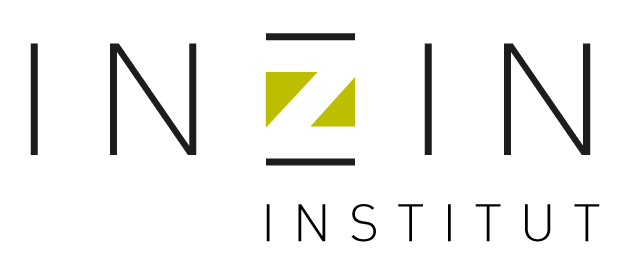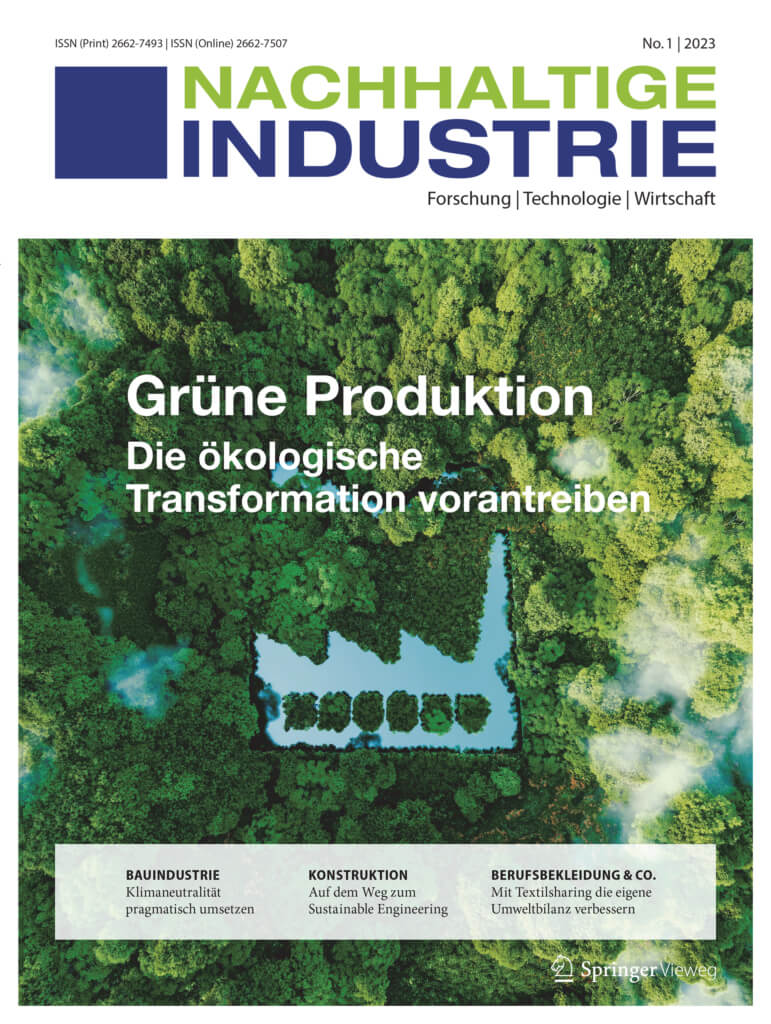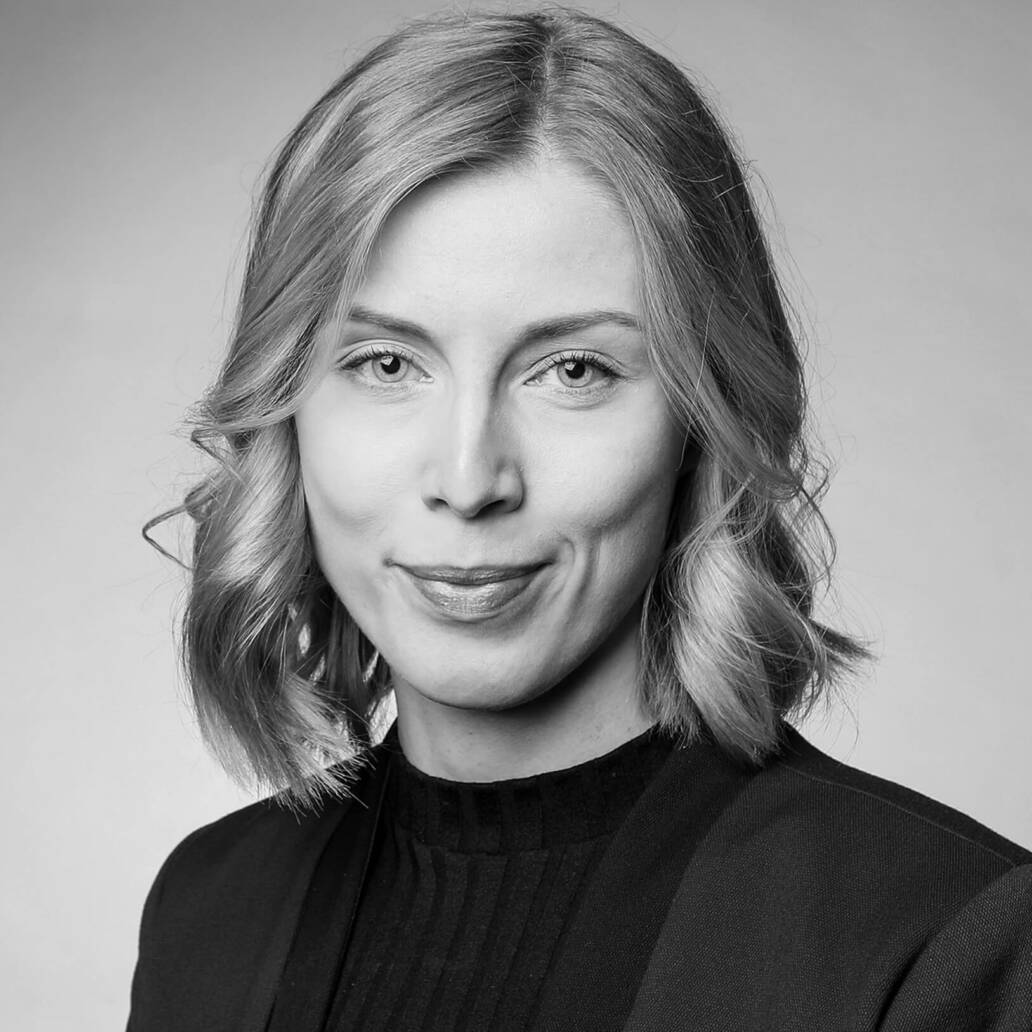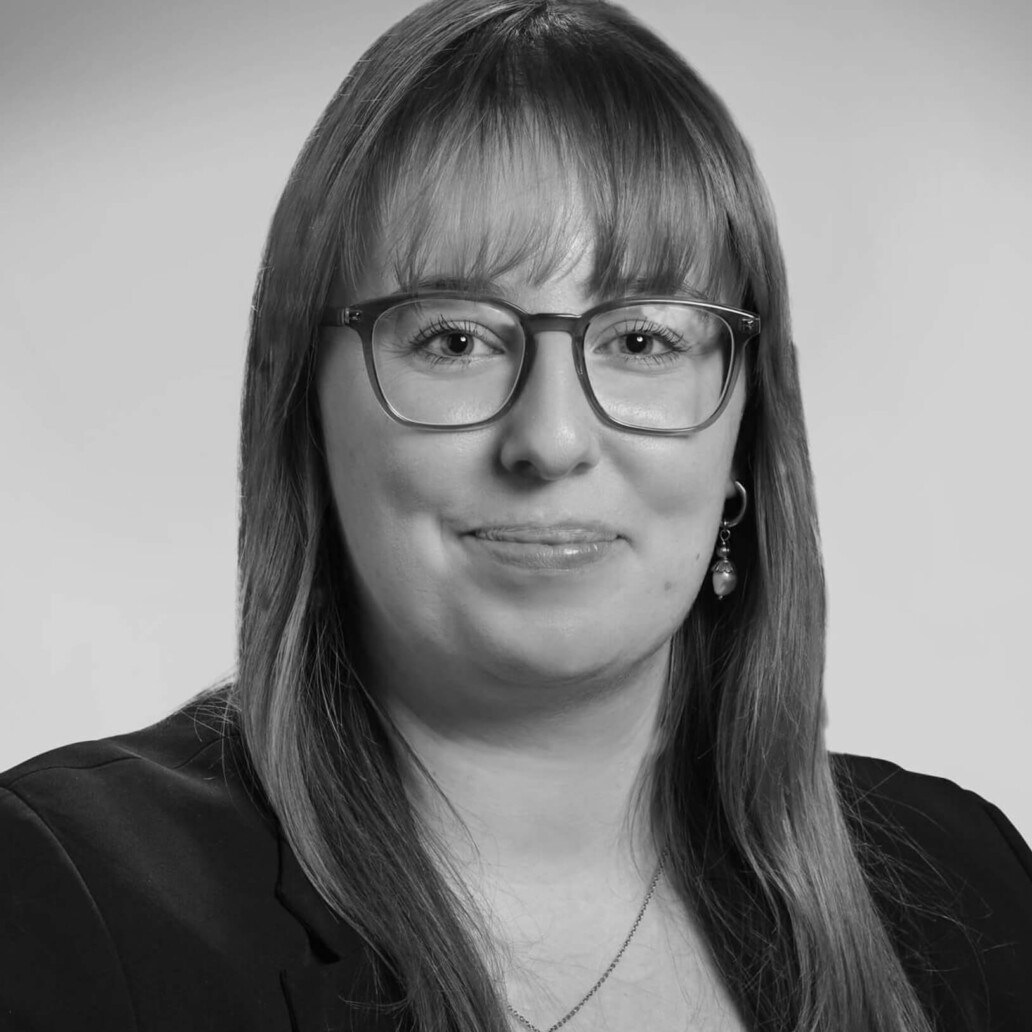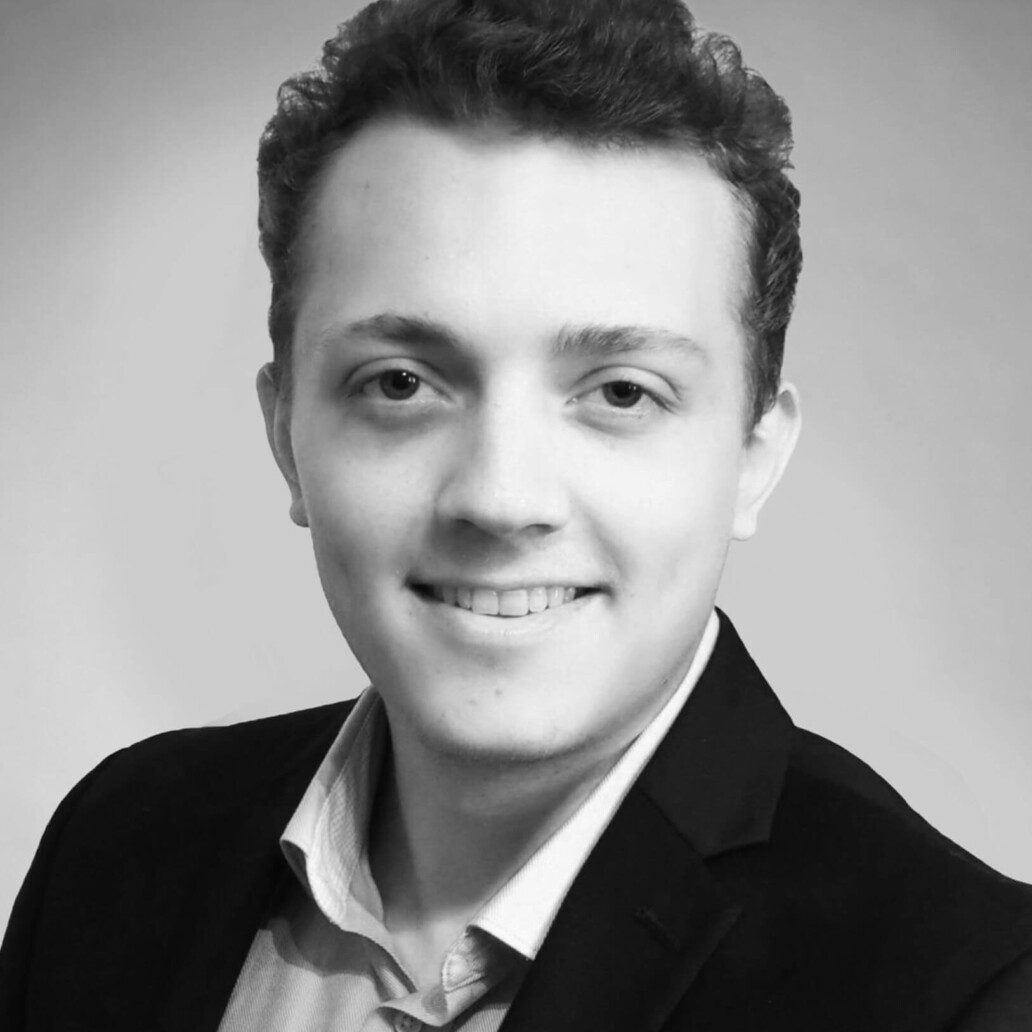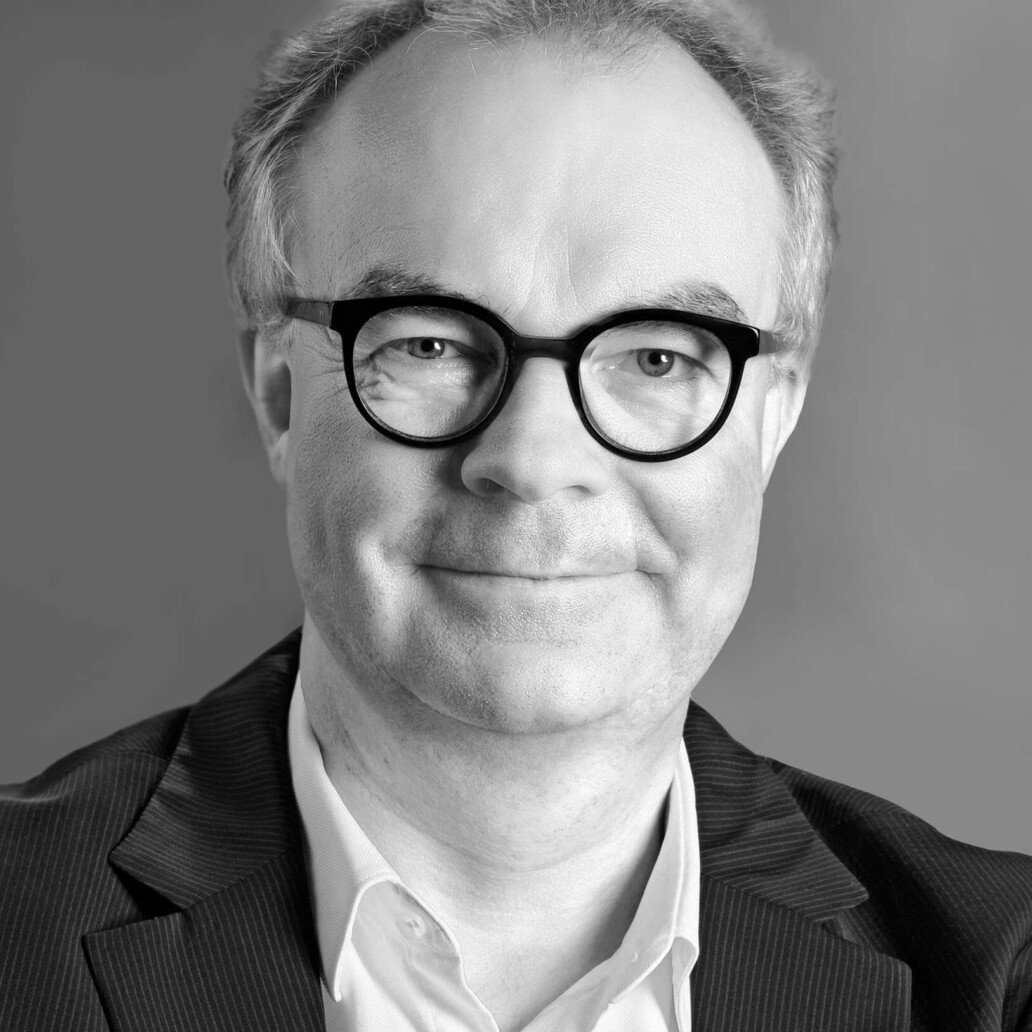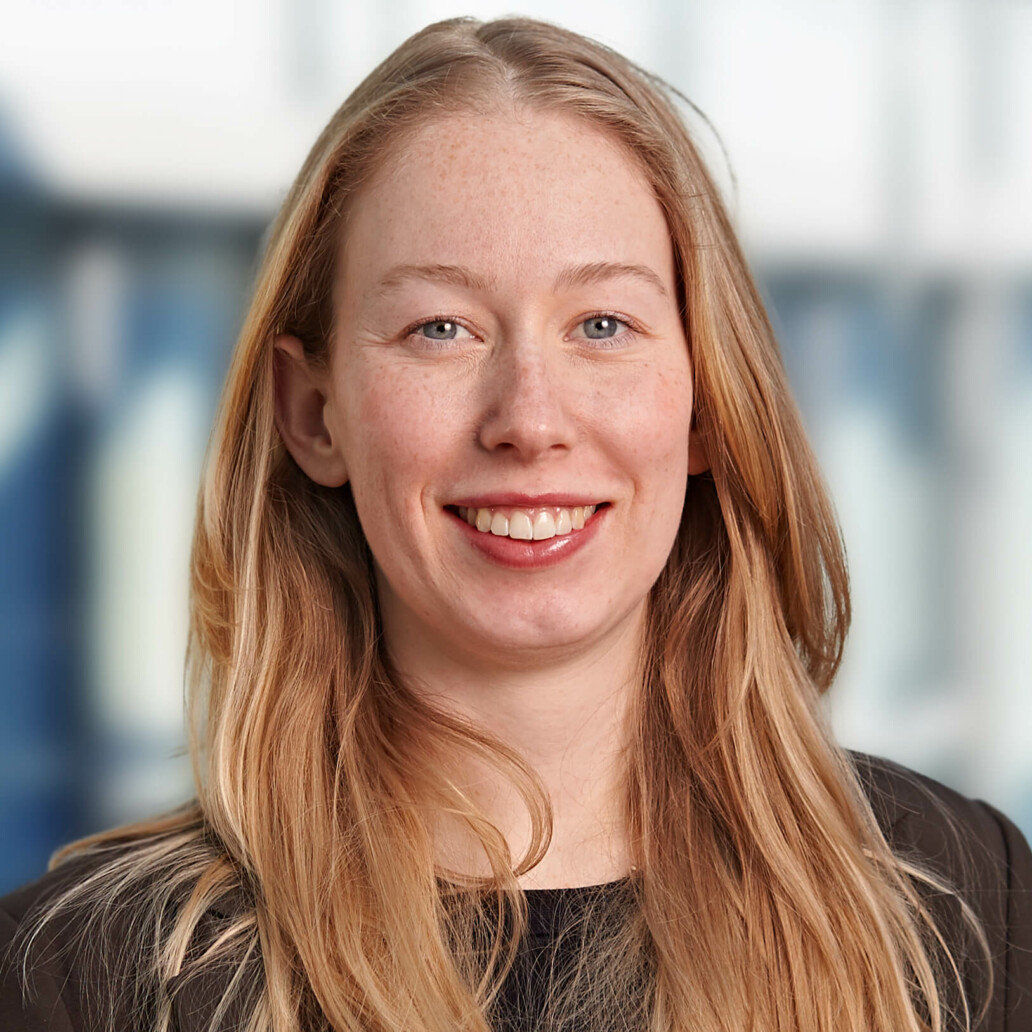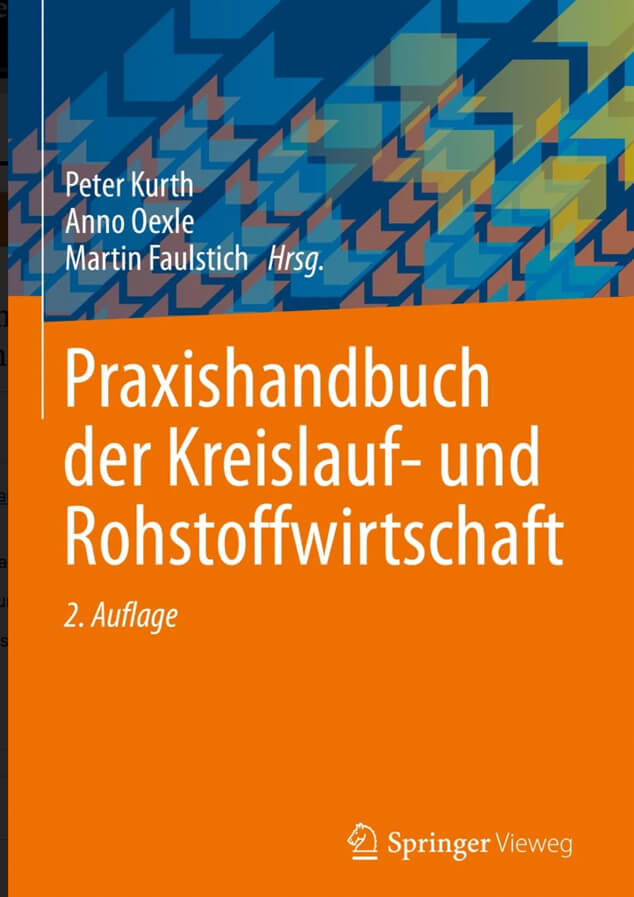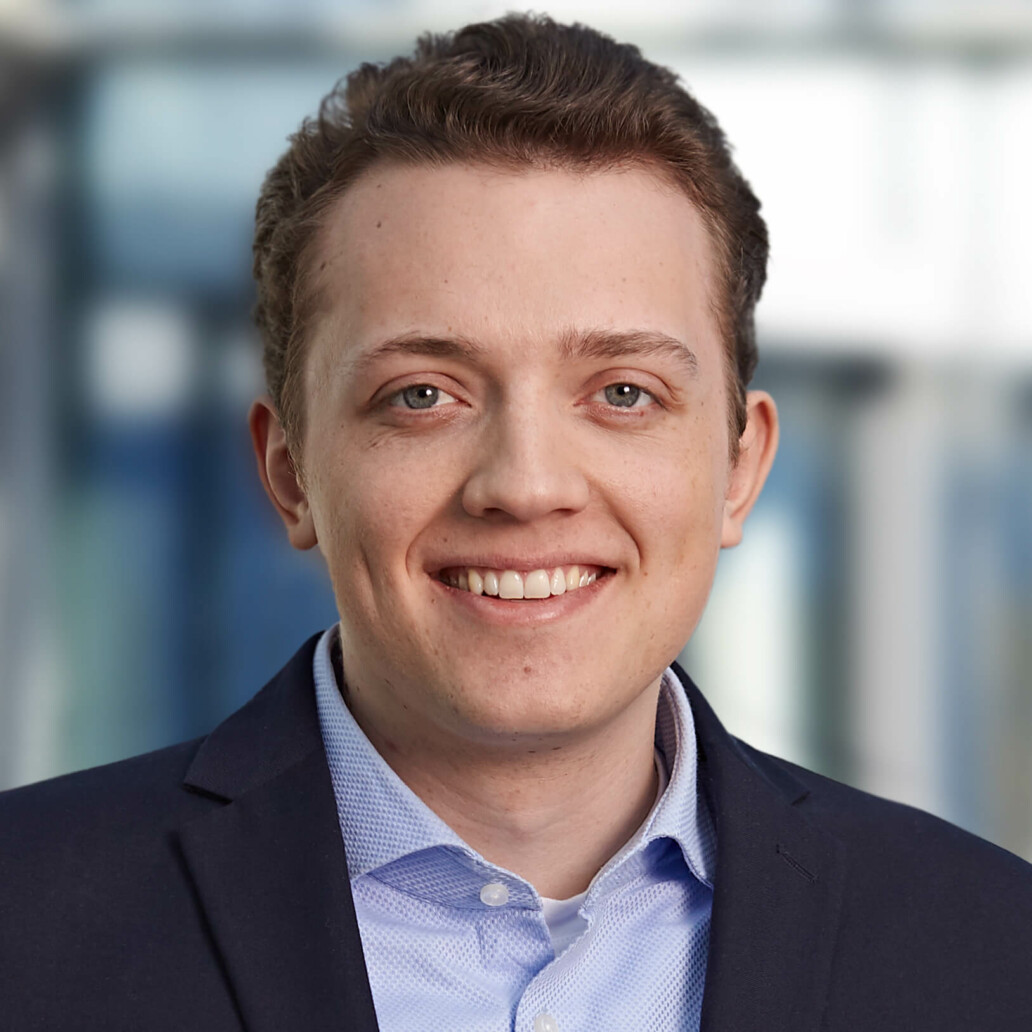Jule Jeschonowski-Papstein
admin
Master of Science (M.Sc.) Industrial Engineering,
Specialization in production/logistics/manufacturing
Contact
INZIN Institute
Werdener Str. 4
40227 Düsseldorf
E-mail: jule.jeschonowski(at)inzin.de
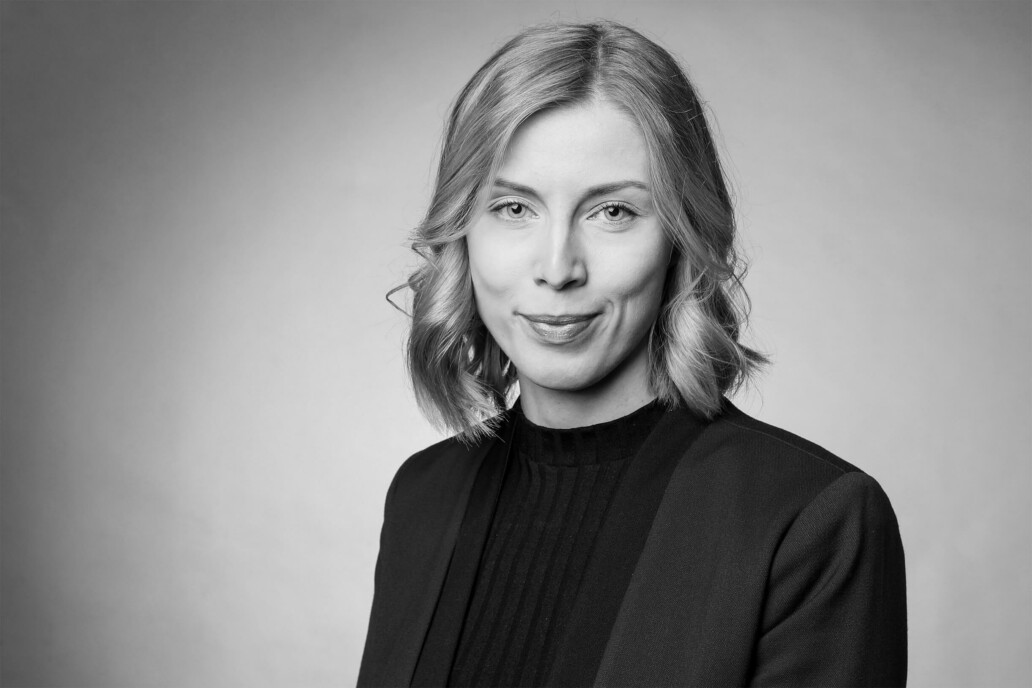
Vita
Jule Jeschonowski-Papstein, born in Nettetal in 1995, has been a scholarship holder at the INZIN Institute in cooperation with Veolia since October 2021. Previously, she worked as a research assistant at the University of Wuppertal in the teaching and research area of construction management and construction industry in the field of modern construction management as well as the digitization and optimization of processes within the framework of BIM. She studied industrial engineering with a specialization in production/logistics and manufacturing at the HS Niederrhein and HS Hamm-Lippstadt. During her master’s degree, she taught statistics as a lecturer and also gained practical experience at Daimler, Deutsche Bahn and Andritz Küsters in the areas of project management and process optimization.
Research topic
In contrast to the linear product life cycle, a material or object in a circular economy becomes the starting product for a new object or material at the end of its useful life. A central aspect of this circular economy is ecodesign. Through a systematic and comprehensive approach to product design, eco-design reduces the environmental impact over the entire life cycle and is therefore one of the measures that attempt to decouple economic growth from resource consumption. There is a great need for research in this area, as previous political and legal efforts have mainly focused on the energy efficiency of energy-related products, but ecodesign also includes many different components (e.g. reparability, recyclability, minimum service life, etc.) that have received little attention to date.
Supervision
Place of doctorate: TU Dortmund
Keywords
Sarah Friese
admin
Master of Science (M. Sc.)
INZIN Institut
Werdener Str. 4
40227 Düsseldorf
Tel.: +49 152 2832 2143
E-mail: sarah.friese(at)inzin.de
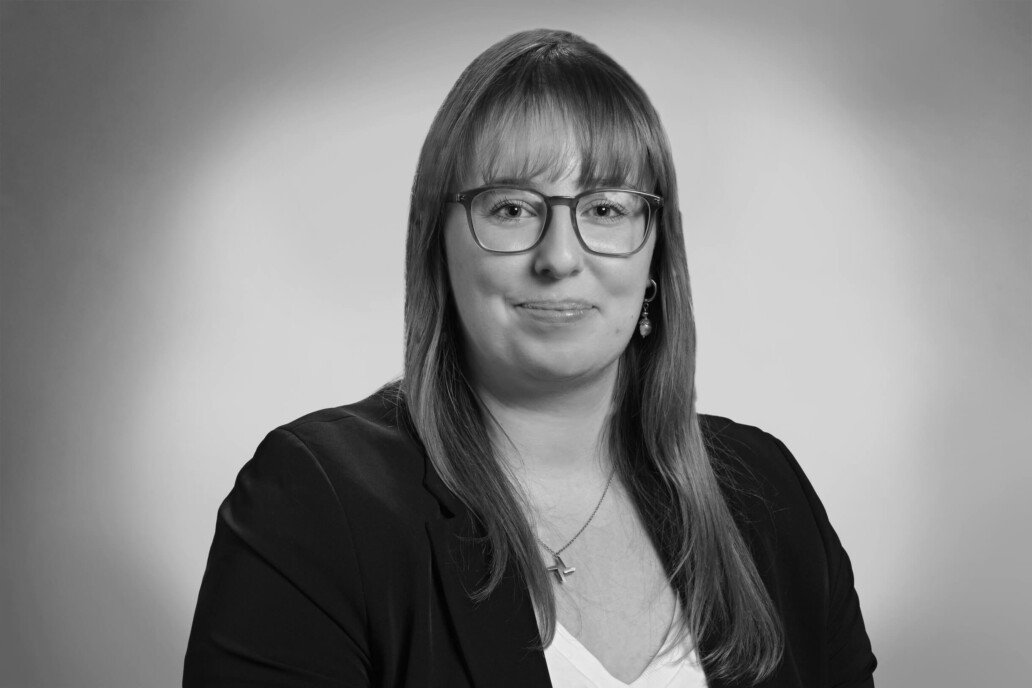
Vita
Sarah Friese, born in 1993 in Hildesheim, has been a scholarship holder and consultant at the INZIN Institute since May 2022 and is working on the project “Modellvorhaben der Raumordnung (MORO): Shaping climate change and the energy transition – preparatory study for the Spatial Planning Report 2024”. Previously, she was a junior project manager at the Thuringian Renewable Energy Network (ThEEN). As part of this competence network, she was responsible for the association’s work, the organization of specialist events and the project management of smart city and environmental heat projects. Mrs. Friese studied “Renewable Energy Management” at the Erfurt University of Applied Sciences from 2018 – 2020 after completing her Bachelor’s degree in “Industrial Engineering for Sustainable Technologies” in 2018.
Research topic
The spatial planning system in Germany is based on three levels: federal, state and regional. In accordance with Section 1 ROG, federal spatial planning provides the legal basis for regional planning based on guiding principles and principles. State planning specifies these requirements before regional planning adapts them to the regional parameters. The European level, which lays down binding guidelines, is superordinate to this. German spatial planning has a large number of planning instruments that have already been in use for several years, but an evaluation of the effectiveness of regional spatial planning after the end of the process rarely takes place. This raises the question of the extent to which nationwide strategies for renewable energies diffuse across the various planning levels and are reflected in spatial developments.
Supervision
First supervisor: Prof. Dr. Martin Faulstich, TU Dortmund University
Place of doctorate: TU Dortmund
Keywords
Spatial planning, spatial strategies, renewable energies, land development
Konstantin Saure
admin
Master of Engineering (M. Eng.)
INZIN Institut
Werdener Str. 4
40227 Düsseldorf
Tel.: +49 157 54729602
E-mail: konstantin.saure(at)inzin.de
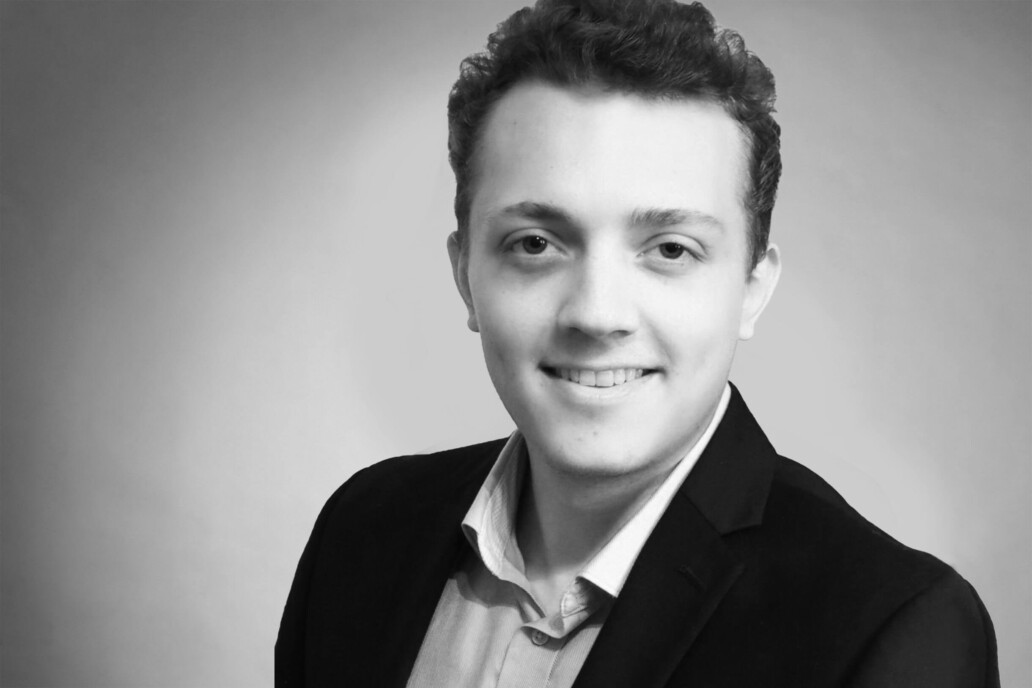
Vita
Konstantin Saure has been a scholarship holder and lecturer at the INZIN Institute since January 2023 and is develops a “Resource strategy for the state capital Düsseldorf” as part of his scholarship at Stadtwerke Düsseldorf. During his Master’s degree, he worked as a research assistant on the state-funded project “WIR!-Bündnis REEgion now – Regionales Wertschöpfungsbündnis Lifelines in NWB”. He completed his Master’s degree in the interdisciplinary course “Energy Efficiency of Technical Systems” at Brandenburg University of Applied Sciences. Prior to this, he completed his Bachelor of Engineering in Mechanical Engineering at the Bonn-Rhein-Sieg University of Applied Sciences.
Research topic
Supervision
Place of doctorate: Faculty of Spatial Planning, Technical University of Dortmund
Keywords
Circular economy, urban material flows, resource management
Andreas Hübner
admin
Graduate engineer in spatial planning
Dortmund University of Technology
Faculty of Spatial Planning
Chair of Resource and Energy Systems
August-Schmidt-Straße 10
D-44227 Dortmund
+49 151 22347908
E-mail: andreas.huebner(at)tu-dortmund.de
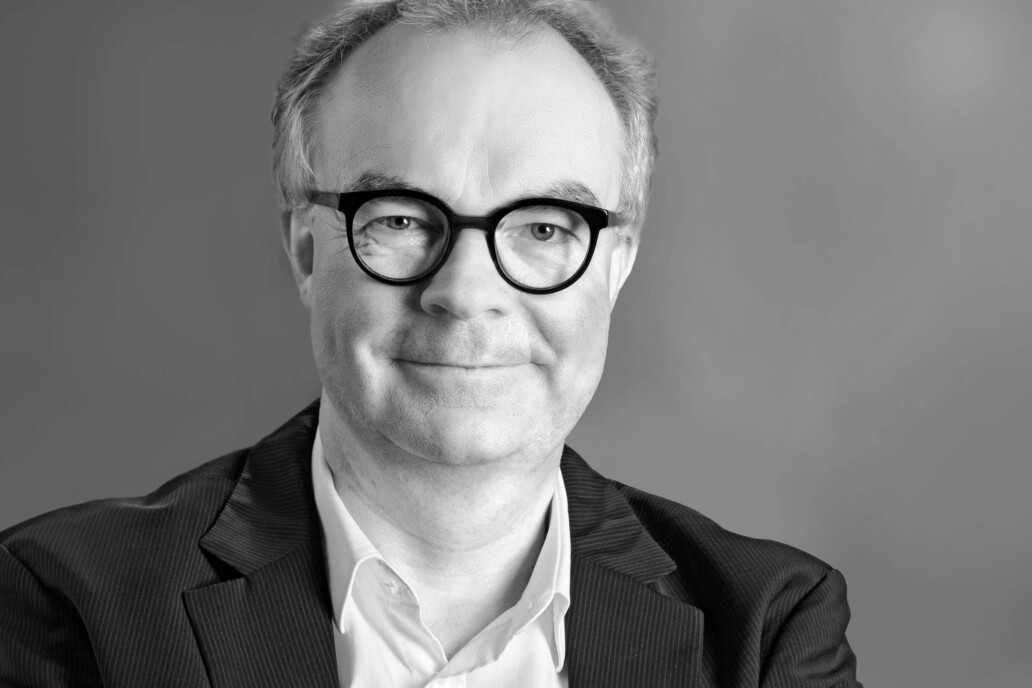
Vita
Andreas Hübner, born in Opladen in 1966, has been a lecturer in municipal climate protection since 2015 and a research assistant at the Chair of Resource and Energy Systems at the Faculty of Spatial Planning at TU Dortmund University since October 2022. He completed his studies in spatial planning from 1986 to 1991 and then joined Gertec GmbH Ingenieurgesellschaft in Essen in 1992, where he has been a partner since 2002 and Managing Director since 2015.
Special areas of focus are municipal and regional energy concepts as instruments of municipal climate neutrality strategies, the climate-neutral development of new residential and commercial areas and the design of transformation processes in municipal climate protection.
Research topic
Over the past three years, numerous major cities in Germany have developed strategies to achieve climate neutrality on the territory of these cities.
The implementation of these climate neutrality strategies is now imminent and it is already becoming apparent that the administrative structures and organizational framework conditions in place to date are not having the necessary impact that can be influenced by the municipality
- in terms of quantity (considerable greenhouse gas savings in cooperation with the municipal community, far beyond the current scope) and
- in terms of the time required (achieving climate neutrality in the period from 2035 to 2045 at the latest)
.
On the one hand, the research project aims to investigate
- which institutional framework conditions can be used to achieve a significantly higher impact in the implementation of municipal climate neutrality strategies and
- how these should be designed in conjunction with local political control and the tasks of the municipal administration.
Supervision
First supervisor: Prof. Dr. Martin Faulstich, TU Dortmund University
Second supervisor: Hon.-Prof. Dr. Mathias Kaiser, TU Dortmund
Place of doctorate: TU Dortmund
Keywords
Municipal climate neutrality strategy, municipal climate protection, climate protection concept
Pauline Jegen
admin
Master of Science (M.Sc.), Industrial Engineering
Specialization in Civil Engineering
E-mail: pauline.jegen(at)inzin.de
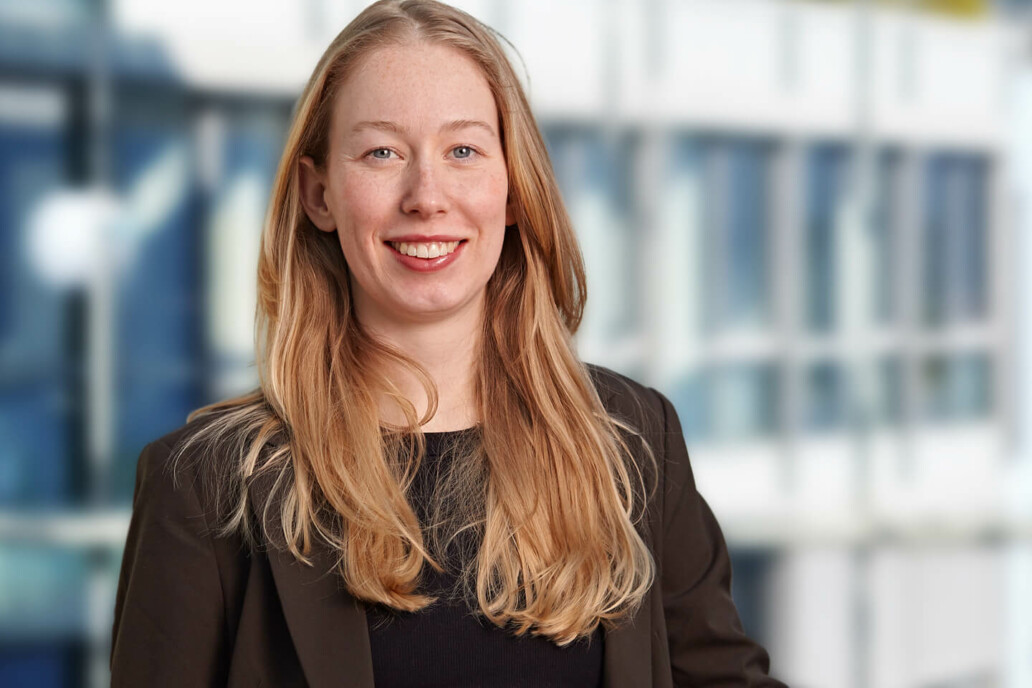
Vita
Pauline Jegen, born in Aachen in 1996, has been a scholarship holder at the INZIN Institute since October 2021 and is funded by Remondis. Ms. Jegen also works as a research assistant at TU Dortmund University.
She previously studied industrial engineering with a specialization in civil engineering at RWTH Aachen University. She focused on the specializations of water management and sustainability and cooperation. During her studies, she gained practical experience in construction management and project management as well as in an engineering office for wastewater management and technical services.
Cara Schönmüller
admin
Research Assistant
E-mail: cara.schoenmueller(at)inzin.de
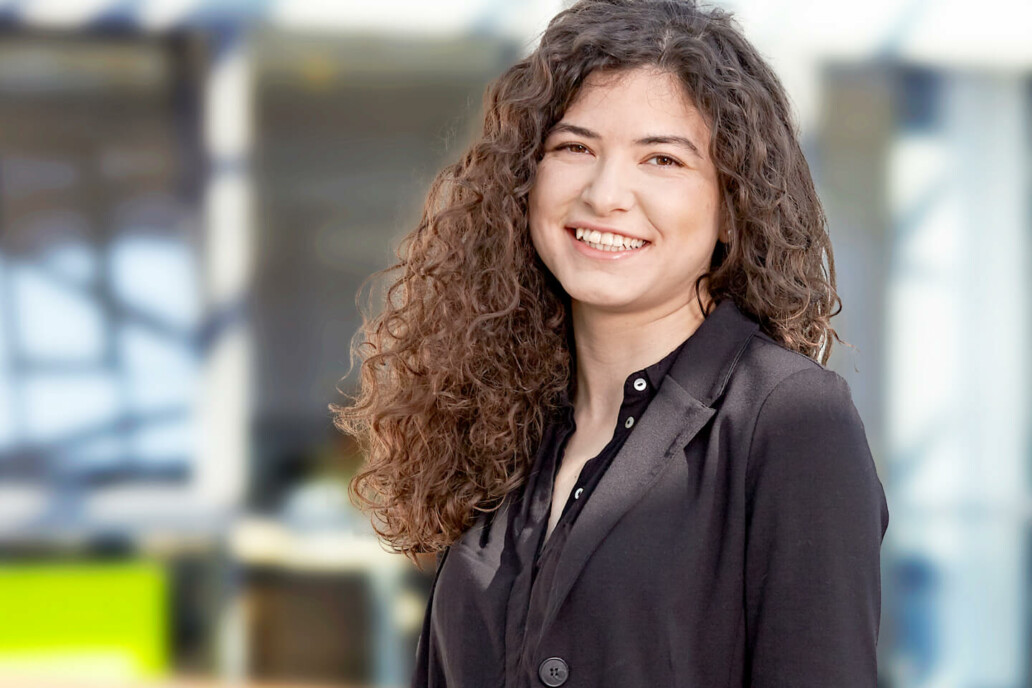
Vita
Cara Schönmüller has been working as a research assistant for the INZIN Institute in the areas of public relations and event planning since February 2023.
In the Green Economy Network North Rhine-Westfalia (KNUW), she supports the regional networking of companies in the Green Economy and the organization of regional and business dialogues.
Konstantin Saure
admin
Master of Engineering (M. Eng.)
E-mail: konstantin.saure(at)inzin.de
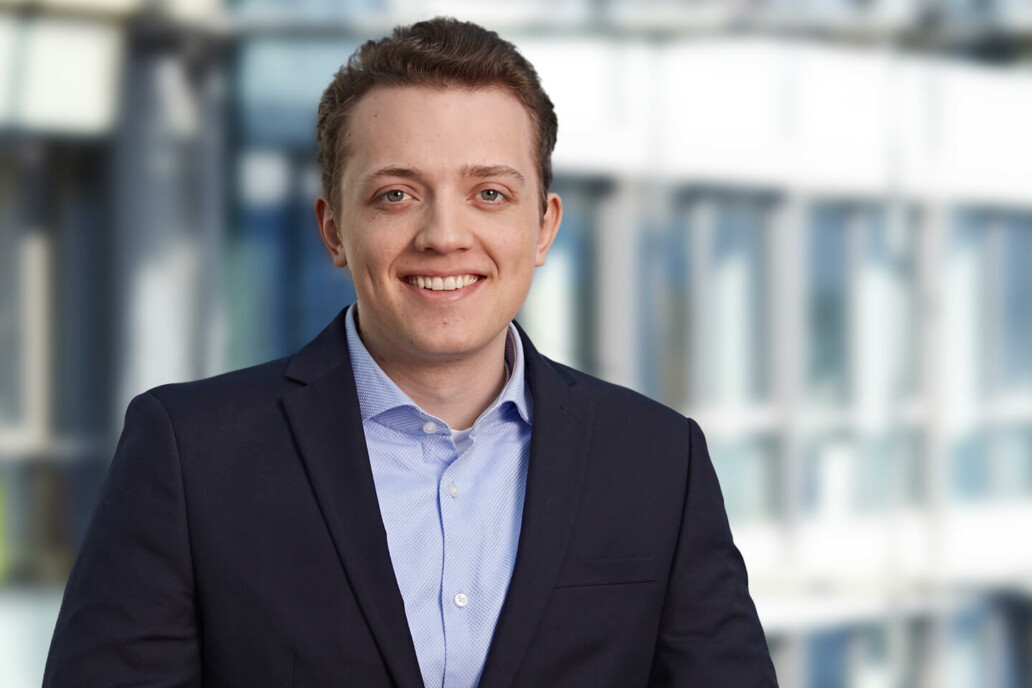
Vita
Konstantin Saure has been a scholarship holder and lecturer at the INZIN Institute since January 2023 and is develops a “Resource strategy for the state capital Düsseldorf” as part of his scholarship at Stadtwerke Düsseldorf. During his Master’s degree, he worked as a research assistant on the state-funded project “WIR!-Bündnis REEgion now – Regionales Wertschöpfungsbündnis Lifelines in NWB”. He completed his Master’s degree in the interdisciplinary course “Energy Efficiency of Technical Systems” at Brandenburg University of Applied Sciences. Prior to this, he completed his Bachelor of Engineering in Mechanical Engineering at the Bonn-Rhein-Sieg University of Applied Sciences.
